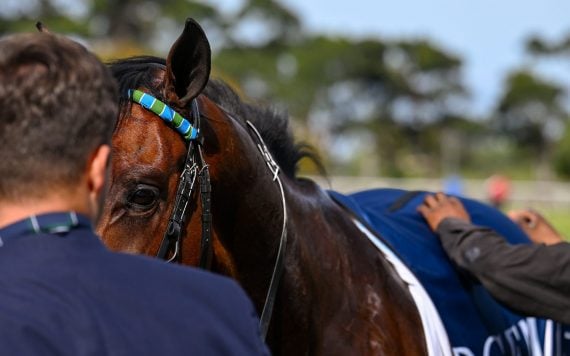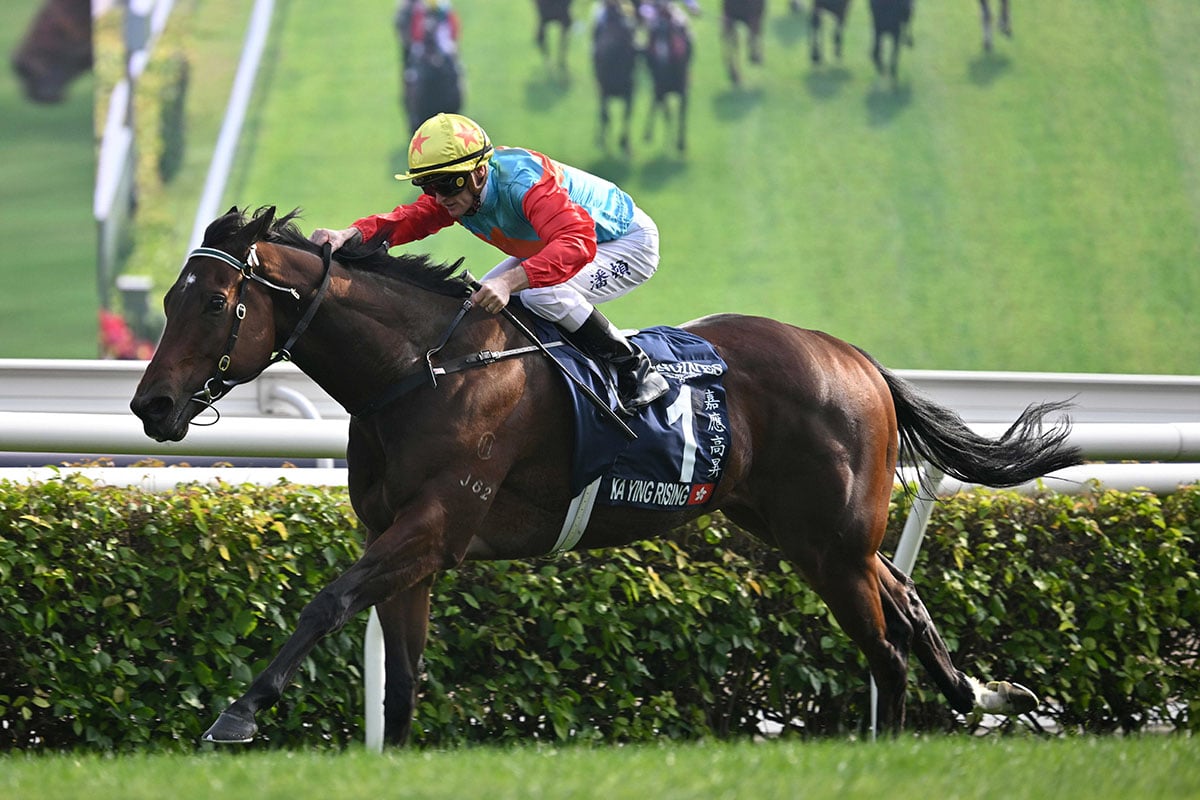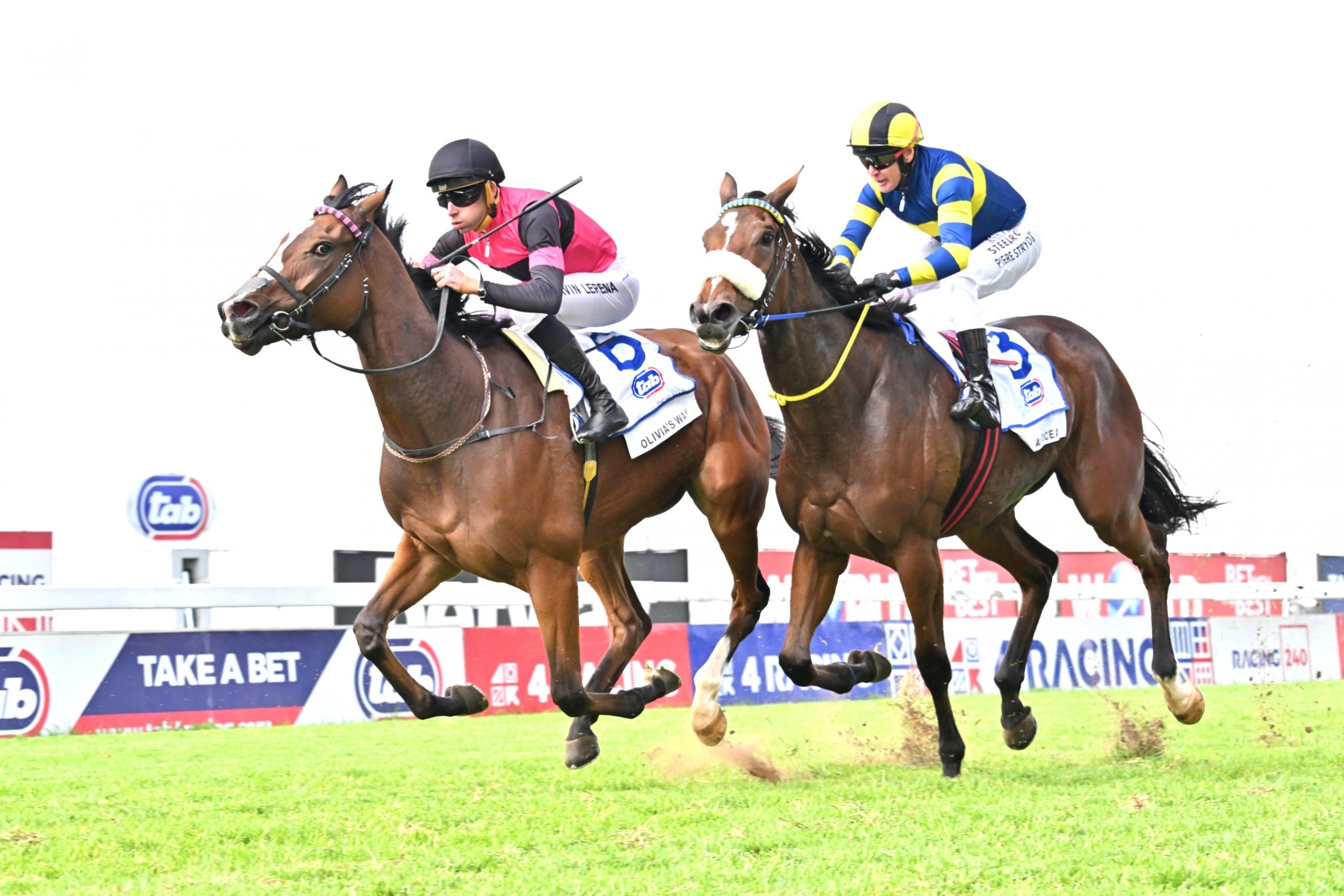Levelling the Playing Fields – by David Thiselton, as published in The Racegoer (The Mercury, Cape Times – 19 October 2011)
The horseracing Operators, Gold Circle and Phumelela, have each tendered written submissions to Parliamentary Committee of the DTI in support of a need to “level the playing fields”, identified by a Gambling Review Commission, whose recently published report suggests that regulations and licensing conditions pertaining to thoroughbred horseracing prejudices the Operators when compared to the affect they have on other gaming concerns (bookmakers etc.) that benefit commercially from the sport.
The submissions, as part of their emphatic opposition to a recommendation that the Totalisator (The Tote) be separated from the Operator, will challenge the licensing conditions that restrict their ability to recover the costs of their Intellectual Property (IP) and will emphasise the gulf in the percentage of turnover returned to horseracing by the Operator as compared to the percentage returned by bookmakers.
The need to level the playing fields was published in a report completed in July 2011 by a Gaming Review Board that was commissioned by the DTI in their overall review of the gaming environment within South Africa.
A Public Hearing is being convened by the Parliamentary Committee in response to the need to accommodate comments from stakeholders on the report.
Horseracing makes a significant contribution to the South African economy and employs over 16 000 people itself and over 100 000 people in the related upstream and downstream industries.
However, the separation of the Totalisator from the Operator could be the sport’s death knell, as it has been proved around the world that the more integrated the horseracing model the greater financial success (e.g. Singapore, Hong Kong, Japan, Korea) while the fragmented models employed by the likes of Britain have placed the sport in dire financial straits.
Michel Nairac, the acting CEO of Gold Circle, said “At the present the Tote, although willing to subsidise racing as an integrated division, is unable to fully pay racing’s costs and owners are having to subsidise almost 25% of the expense of keeping the sport of horseracing alive, which is clearly unsustainable in the longer term.
“The separation of the Tote from the Operator would compound this problem. Futhermore, Racing Operations have trimmed costs, but revenue is being lost by the growth of Fixed Odds bookmakers betting on horseracing but not paying appropriately for using the IP.
“Horseracing’s IP consists of visual imagery (TV content) the outcome of its races (including dividend payments) and racing information (form). This is the very substance that drives betting.
“The licence conditions which restrict the ability of the Racing Operators to recover reasonable costs’ in respect thereto, are unconstitutional and unfairly prejudicial when compared to the ability of other sports to leverage their IP.
“Horseracing tries to pay its own costs and not depend on Government funding, but the business model depends on the IP being fairly remunerated as Racing’ content is not considered ‘viable’ for the TV Broadcasters to buy, unlike sports like football, rugby and cricket, who leverage their IP in that way.”
Nairac continued, “Effectively punters and owners pay for horseracing’s survival, but the percentage return to racing from betting money accumulated by the Operators far outweighs the comparative percentage return by bookmakers.”
An economic impact study done for Racing South Africa in 2009 estimated that if the bookmakers were to make an equitable contribution a further R100 million would have been returned to horseracing.
Nairac said, “An Economic Impact Study done in 2009 said that the Operators took R1,2 billion in horseracing betting revenue and returned R607 million to horseracing, while bookmakers took R411 million and returned R75 million.”
Furthermore, the submissions will ask whether other gaming concerns that profit from horseracing should be paying towards the costs of the National Horseracing Authority, as their businesses also benefit from the regulation and policing of the sport.
Nairac concluded, “The bookmakers benefit from racing, but contribute relatively little to paying for the show, which gives them a further advantage in being able to attract punters with plush off course facilities and novelty bets, while they can also afford to make special concessions to punters on occasion.
“Also, the experience of Operators is that decisions made on new Tote products by the Gambling Boards can be a long time in the making, while bookmakers and the lottery are not subject to such delays, while a geographic restriction on the Tote’s expansion plans has been placed that doesn’t appear to pertain to the lottery.”








